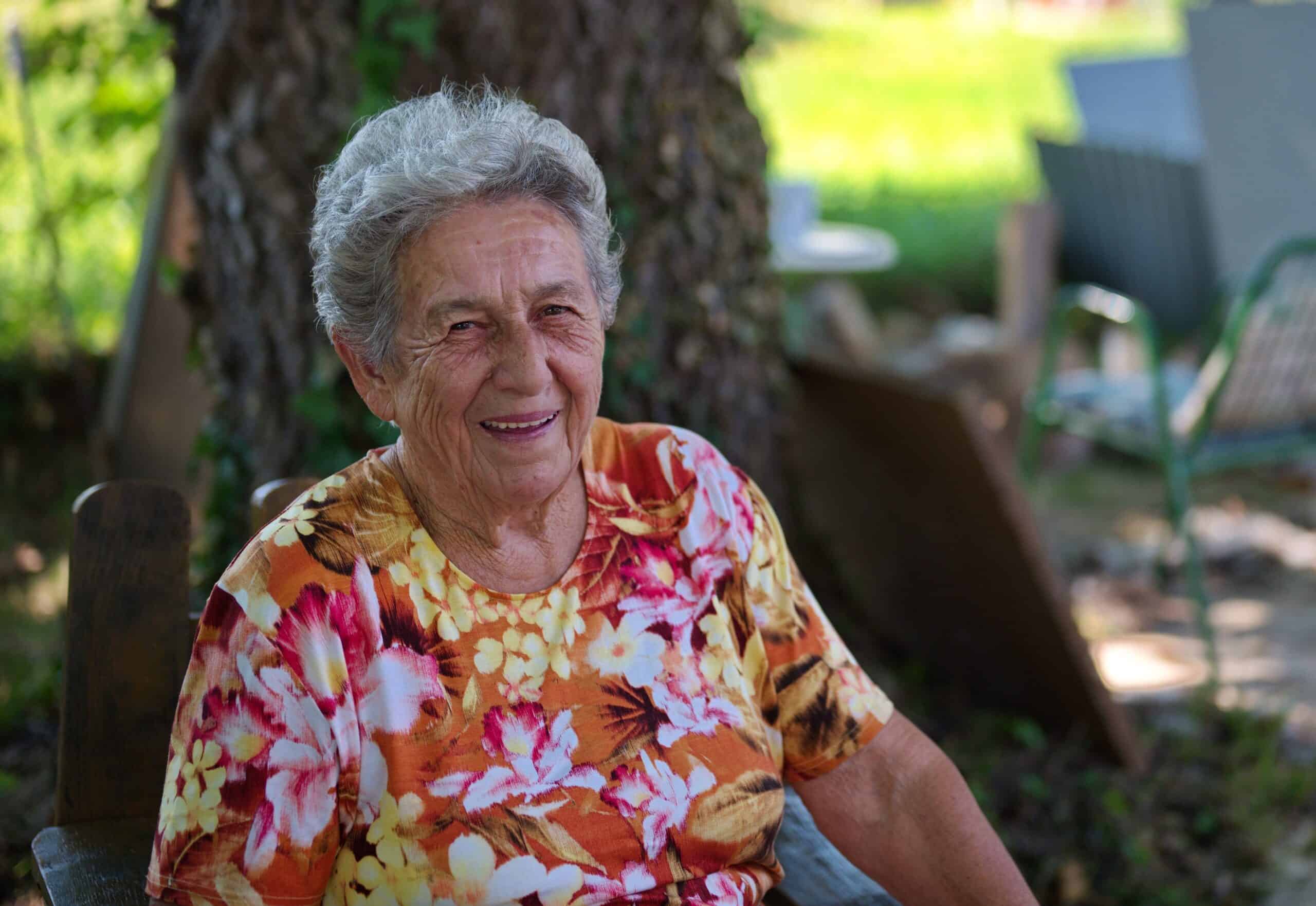Bee Weller: Health and Wealth and Medicaid Home and Community Based Waiver
Agencies like Aging With Grace employ people and supervise them to provide services to people in their homes through the Home and Community Based Waiver. Employees must have their fingerprints taken so that a federal and state background check can be done. Employees must be drug tested, TB tested, and CPR trained. They receive initial training and testing and ongoing training and testing. Training costs are high for agencies for Aging With Grace, especially considering that some employees don’t stay long. Audits are performed by the state regularly to ensure that the agencies that provide services through the Home and Community Based Waivers are compliant. Agencies like Aging With Grace have to provide worker’s comp. insurance to their employees and unemployment insurance. Aging With Grace pays all federal state and local employee taxes. Aging With Grace also offers supplemental health and disability to employees and a superior employee assistance program. Aging With Grace aspires to be known as the gold standard in home and community based services.
In Kentucky, when one desires help at home and one has no money to pay for it, one has to apply at the local Department for Community Based Services …also known as the DCBS or the food stamp office. It is a state program so it doesn’t matter what county’s office you use. Like anything involving the government’s money, there will be lots of forms to fill out and lots of documents to submit. This is a daunting endeavor for someone who is disabled. Take my friend Dottie, for example. She is 91 and frail. She owns her home but has given her car away because she no longer feels safe to drive. She fears falling but doesn’t want to use a walker…she uses a cane. She needs help getting groceries and getting to the doctor for a test that she needs periodically due to a heart problem. I suggested she could have a nurse come to her home to take blood for the test through her insurance but for some reason she would rather get her blood tested at the lab. I just sent Dottie a form to fill out that will give our case managers permission to help Dottie with applying for the home and community based waiver. The government…the Medicaid program …will not reimburse us for the time we spend on helping Dottie or people like Dottie apply to Medicaid. Once she is accepted, we will be reimbursed for authorized services provided. IF she chooses us to provide services. Each Medicaid member is assessed by a nurse individually and that determines their level of care and the amount of services and money needed to pay for that care. Eligible Medicaid members are then given a list of case management agencies from which to choose. It is up to them to call the agency and ask for a case manager. The case manager’s job is to find agencies to provide the services they need according to the assessment done by the nurse. There is a conflict free case management policy in Kentucky and that means that the agency who does the case management cannot be the same agency that provides the services.
So the problems that I have seen with the Medicaid home and community based waiver are:
1. no money to pay for help on the weekends
2. If people live in a home where someone owns a car they are not eligible for free transportation to the adult day center
3. No procedure or policy or reimbursement to help people apply for the waiver
4. Nursing homes will not tell people about the availability of the Home and Community Based Waiver.
5. Case managers did not do home visits during Covid and are slow to do them again, resulting in some bad situations
6. The state’s electronic visit verification system does not work well resulting in frustration and mistakes and wasted time
7. Adult day services are not encouraged enough. Adult day services are good for people and they save money
The state DID raise our reimbursement rate this legislative session which is a good thing so we can be reimbursed at s level in line with what we are paying our employees. Most people do not realize that in addition to what we pay per hour, we also have to pay workers compensation insurance and unemployment insurance and Medicare and social security and some federal state and local tax per employee, so for an employee earning $14 an hour, we are paying out $16.50 an hour. Plus we have to pay rent, utilities, the managers, billing and payroll agents, nurse and case managers salaries, hiring costs, liability and property insurance, lawyer and accountant fees, and licensing and continuing education costs, etc.
The home and community-based waiver program will also pay for a member to hire their own employee to help them at home. It’s called participant directed services or PDS for short. The PDS program is most popular with family members who want to be paid for the help they are providing for a loved one. As of this writing, the most that could be paid to the PDS employee was $11.27 an hour.
The post Bee Weller: Health and Wealth and Medicaid Home and Community Based Waiver appeared first on Aging With Grace.






